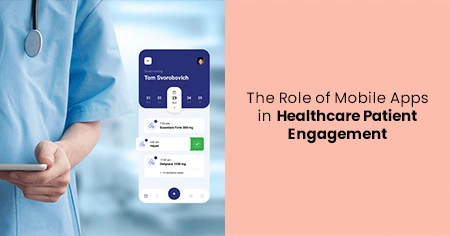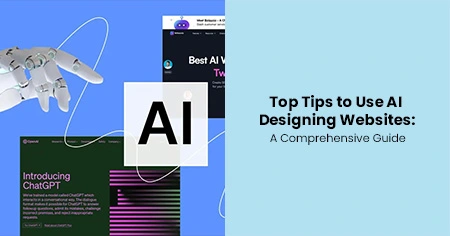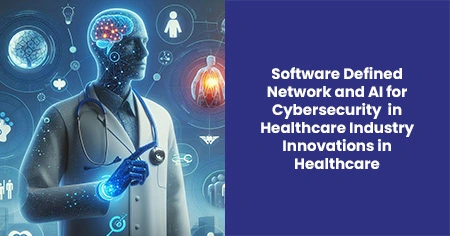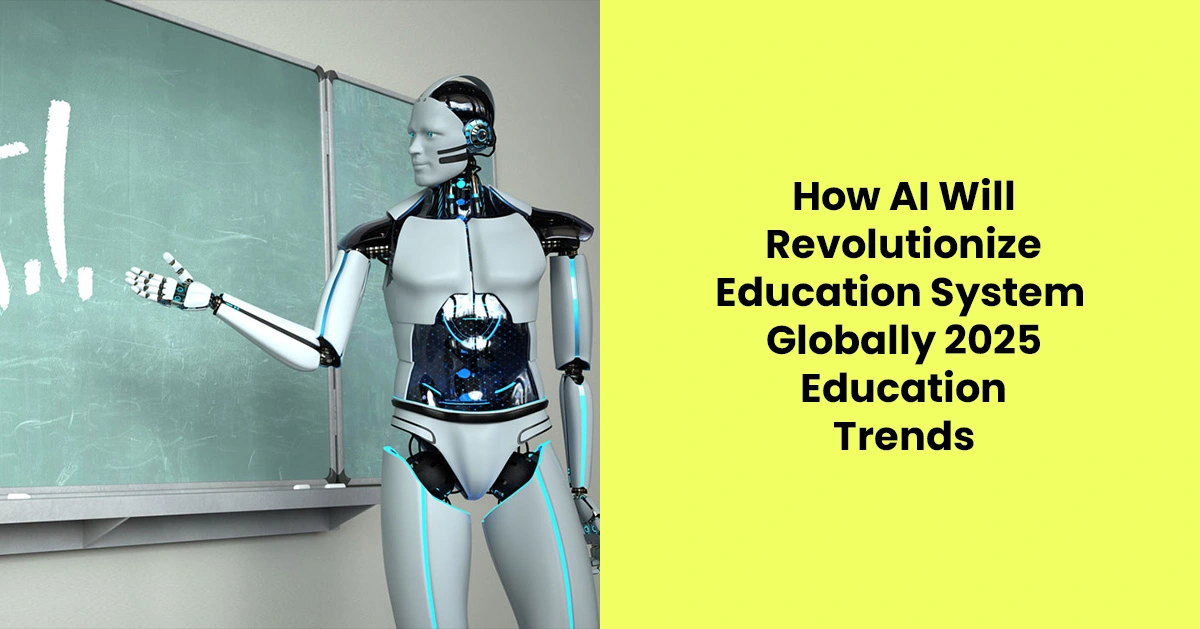Clear communication between patients and healthcare providers is critical to effective consumer activation. Effective interaction within the healthcare sector is vital for empowering individuals to make well-informed decisions about their health and receive appropriate care. It is crucial for developing trust, addressing issues, and providing patient-centred treatment. Mobile apps in healthcare offer new ways for patients to control their health.
The mobile app development journey has developed in intriguing and exciting ways throughout the years. One aspect of the changing healthcare scene is incorporating technology and mobile applications into the patient-provider relationship. Understanding the benefits, difficulties, and future trends is critical for increasing patient participation in healthcare.
What is a healthcare app?

Healthcare apps, also known as healthcare applications, are software programs that allow users to access health-related services such as online consultations, live chats, appointment scheduling, and more. mHealth apps enable professionals to provide more individualized therapy, support patients abroad, and interact with other specialists. Because of rising demand and technology developments, the mHealth industry is expected to exceed $269.31 billion by 2032.
Healthcare Mobile Apps: A Brief Statistics:
- The number of healthcare apps downloaded worldwide is estimated to reach 8.6 billion by 2025.
- According to Statista, approximately 52,000 healthcare and medical applications are available on the Google Play Store globally, and over 53,000 mHealth apps are available on the Apple App Store.
- By 2023, approximately 30% of American adults regularly utilized a health-tracking or management app multiple times daily.
- The global market for mHealth apps is expected to reach $68.77 billion by 2024.
Types of Mobile Healthcare Applications:
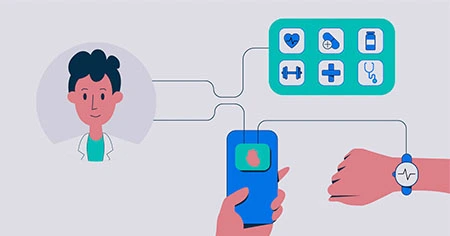
Many applications enable individuals to maintain and improve their health independently and aid healthcare professionals with various responsibilities. Here are some mobile health app examples:
Patients' apps
- Mental health apps;
- Reminders and alerts;
- Diet apps;
- Support for patients with chronic diseases;
- Health plus applications;
- Health insurance apps;
- Symptom checkers;
- Applications for remote monitoring;
- Fitness apps;
Medical salesforce apps
- eDetailing scripts and guides;
- Informational materials
- Remote communications;
Apps for healthcare professionals
- Appointment reminders;
- Medical calculators;
- Pharma guides and surveys for eLearning.
- Prescription management;
The Role of Mobile Apps in Healthcare Patient Engagement:
Accessibility to Medical Information
Mobile apps offer patients rapid access to medical records, test results, and educational resources. This accessibility promotes educated decision-making and assures that patients actively participate in their health management. Healthcare establishments can use these apps to create a transparent and patient-centric atmosphere, boosting customer trust and loyalty. Healthcare establishments can use these apps to create a transparent and patient-centric atmosphere, boosting customer trust and loyalty. To support daily operations, many mobile clinics also rely on streamline mobile healthcare software for managing scheduling, documentation, and billing in one place.
Enhancing Patient Engagement
Mobile applications are essential in increasing patient engagement because they provide a direct and interactive conduit between healthcare practitioners and their patients. Patients can use encrypted messaging platforms to effortlessly communicate with their healthcare team, arrange appointments, and receive timely updates on their care plans. This promotes a sense of involvement and empowerment, which leads to better patient outcomes.
Appointment Scheduling and Reminders
Healthcare mobile apps allow patients to schedule appointments with their medical groups from their phones. These health applications also serve as timely reminders to help patients keep organized. They also limit the possibility of missing essential healthcare visits, which improves patient participation and care coordination.
Secure Messaging and Telehealth
Many healthcare apps offer secure messaging systems, allowing patients to privately and conveniently contact their healthcare professionals, seek advice, or discuss health problems. Telehealth services incorporated into mobile apps enable virtual consultations, making healthcare more accessible, particularly in remote or disadvantaged locations.
Facilitating Remote Consultations
Mobile apps, especially essential in today's global context, allow healthcare providers to give remote consultations, breaking down geographical constraints. Patients can consult with healthcare specialists from the comfort zone of their homes, promoting convenience and reducing unnecessary hospital visits.
For healthcare providers, adding telehealth services via mobile apps broadens their reach and promotes their organization as adaptive and patient-focused.
Real-Time Monitoring and Health Tracking
One of the most life-changing features of healthcare apps is their capacity to provide real-time monitoring of patients' health. Wearable devices like the Apple Watch are linked to these apps and can monitor vital signs, medication adherence, and other health parameters, leveraging the power of Biosensors in Healthcare. This information is subsequently shared with healthcare practitioners, enabling rapid interventions and tailored care plans. Investing in such technology enhances patient care and positions healthcare professionals at the forefront of innovative healthcare delivery methods.
Health Records Access and Sharing
Healthcare mobile apps provide patients with rapid access to electronic health records, promoting transparency and patient involvement in their healthcare journey. These records can be securely shared with healthcare practitioners, ensuring that all pertinent personal health information is available during consultations and allowing for more informed decision-making.
Remote Patient Monitoring
Some healthcare apps support remote patient monitoring, which is especially useful for people with chronic conditions. Patients can send vital signs and health information to their doctors, who can monitor and intervene. This function helps manage chronic illnesses while reducing the need for frequent in-person visits.
Future Trends & Innovations
Exciting mobile healthcare app developments are on the way. Two significant areas of innovation are incorporating AI (artificial intelligence) and machine learning into healthcare apps and increasing integration with wearable medical devices.
AI and machine learning in healthcare apps transform how healthcare practitioners evaluate and use medical data to provide treatment recommendations. These technologies can analyze massive amounts of information to find trends, predict disease outcomes, and provide personalized health recommendations. They can improve diagnosis, simplify patient treatment, and increase healthcare efficiency.
Another potential trend is the integration of health-monitoring apps into wearable devices. Smartwatches and fitness trackers can monitor vital signs, track physical activity, and collect health information. When paired with apps, this data collection can provide a real-time, comprehensive picture of a patient's health, enabling timely and precise actions. This integration encourages proactive healthcare, particularly among people managing chronic diseases.
Most In-Demand Patient Engagement Healthcare Apps:
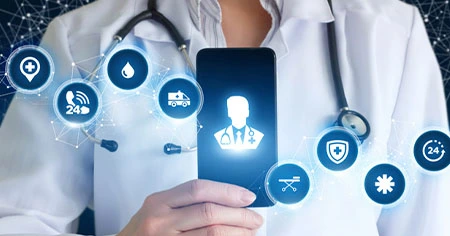
healthcare-patient-engagement
Patient-involved healthcare apps facilitate and reinforce learning processes. Instead of spending time with lengthy instructional sessions, these apps provide constant access to current medical resources, prescription guidelines, diagnostics, and more.
Apps for Clinical Communications
This app simplifies contacts between healthcare practitioners and allows quick replies using virtual functions like voice calling, video conferences, messaging, and more.
Calculators
These healthcare mobile apps for patients can calculate dosage or make dosing recommendations based on various sophisticated formulas and particular medical data.
Disease Management and Diagnostics
Symptom checkers are among the most widely used apps in healthcare. Doctors and other HCPs can stay in touch with their patients to monitor their prescription adherence and test results, check on their current health conditions, and coach them in their health journey. For example, clinicians utilize the SkinVision app to detect skin cancer in its early stages. It exposes the diagnosis immediately.
Drug Reference
These healthcare applications for doctors offer health information about medicine, pharmacology, indications, dosages, interactions, contraindications, expenses, and more.
Patient Education and Engagement
mHealth apps created exclusively for patients may feature educational content such as treatment alternatives, health issues, prevention techniques, etc. It leads to a better experience and increased satisfaction rates.
For example, TalkLife is a healthcare app that allows individuals to communicate with others who share their symptoms or conditions. They might seek guidance or share their experiences if they require assistance.
Mobile Telemedicine
Another fantastic feature of mHealth apps is an integrated video service technology that can provide remote patient monitoring.
Doctors and other healthcare professionals can provide real-time medical help to patients via remote video functions. This is especially important for persons who are unable to visit their healthcare professionals directly or receive necessary care owing to a remote location or physical conditions.
For example, Dr. Now is one of the top healthcare applications enabling patients to make video calls and communicate with their doctors from anywhere.
Challenges for Mobile Health Apps
Data Security Concerns
When designing and operating mobile health apps, we prioritize data security. We recognize how important it is to protect your sensitive health information. Any breach could have substantial consequences, such as legal sanctions and reputational damage.
We've taken extensive measures to protect your information. Our operations include robust security measures, such as data encryption and secure authentication. Regular security audits guarantee the integrity of our systems and compliance with important standards, such as the Health Insurance Portability and Accountability Act (HIPAA).
User Adoption Issues
User adoption is a critical challenge for mobile health apps. Potential users are understandably hesitant to engage with these apps. Their concerns are mostly about the security and privacy of their health-related data. Such problems are especially prevalent for apps dealing with sensitive issues, which can lead to stigmatization or prejudice.
To ease these concerns, we intend to improve the user experience. We accomplish this by designing intuitive interfaces and providing customizable features that cater to a diverse user base.
Furthermore, we recognize the value of good training and effective change management. These are critical to facilitating healthcare providers' and patients' adoption of new systems.
Integration of Healthcare Systems
To improve patient involvement through mobile health apps, we must ensure that these apps integrate seamlessly with existing healthcare systems. This integration streamlines the user experience and assures that healthcare providers can provide consistent and accurate patient care.
Compatibility with Electronic Health Records
EHR connectivity is critical for the successful integration of healthcare apps. This relationship provides a comprehensive picture of a patient's medical history, test findings, and crucial health information. These insights enable healthcare providers to make more educated, tailored treatment decisions with the best EMR for urgent care.
APIs that comply with regulations such as HIPAA in the United States or GDPR in Europe play an important role. They enable secure and efficient data sharing between mobile health apps and EHR systems.
How SoftCircles Can Help You Build Healthcare Apps
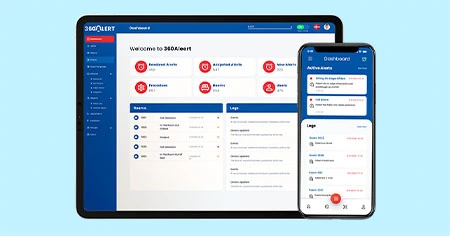
SoftCircles specializes in healthcare app development services, providing tailored solutions to healthcare providers and organizations. They provide support and maintenance to guarantee that healthcare apps satisfy the highest quality and security standards.




